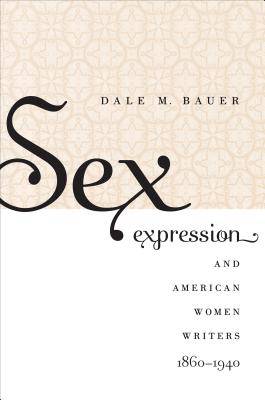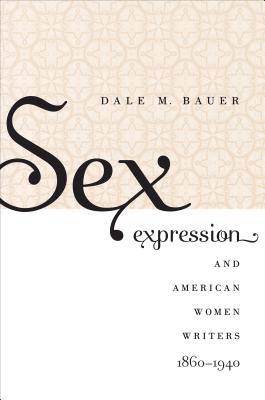
- Afhalen na 1 uur in een winkel met voorraad
- Gratis thuislevering in België vanaf € 30
- Ruim aanbod met 7 miljoen producten
- Afhalen na 1 uur in een winkel met voorraad
- Gratis thuislevering in België vanaf € 30
- Ruim aanbod met 7 miljoen producten
Zoeken
€ 60,95
+ 121 punten
Omschrijving
American women novelists of the late nineteenth and early twentieth centuries registered a call for a new sexual freedom, Dale Bauer contends. By creating a lexicon of "sex expression," many authors explored sexuality as part of a discourse about women's needs rather than confining it to the realm of sentiments, where it had been relegated (if broached at all) by earlier writers. This new rhetoric of sexuality enabled critical conversations about who had sex, when in life they had it, and how it signified.
Whether liberating or repressive, sexuality became a potential force for female agency in these women's novels, Bauer explains, insofar as these novelists seized the power of rhetoric to establish their intellectual authority. Thus, Bauer argues, they helped transform the traditional ideal of sexual purity into a new goal of sexual pleasure, defining in their fiction what intimacy between equals might become.
Analyzing the work of canonical as well as popular writers -- including Edith Wharton, Anzia Yezierska, Julia Peterkin, and Fannie Hurst, among others -- Bauer demonstrates that the new sexualization of American culture was both material and rhetorical.
Whether liberating or repressive, sexuality became a potential force for female agency in these women's novels, Bauer explains, insofar as these novelists seized the power of rhetoric to establish their intellectual authority. Thus, Bauer argues, they helped transform the traditional ideal of sexual purity into a new goal of sexual pleasure, defining in their fiction what intimacy between equals might become.
Analyzing the work of canonical as well as popular writers -- including Edith Wharton, Anzia Yezierska, Julia Peterkin, and Fannie Hurst, among others -- Bauer demonstrates that the new sexualization of American culture was both material and rhetorical.
Specificaties
Betrokkenen
- Auteur(s):
- Uitgeverij:
Inhoud
- Aantal bladzijden:
- 292
- Taal:
- Engels
Eigenschappen
- Productcode (EAN):
- 9780807859063
- Verschijningsdatum:
- 1/05/2009
- Uitvoering:
- Paperback
- Formaat:
- Trade paperback (VS)
- Afmetingen:
- 155 mm x 231 mm
- Gewicht:
- 430 g

Alleen bij Standaard Boekhandel
+ 121 punten op je klantenkaart van Standaard Boekhandel
Beoordelingen
We publiceren alleen reviews die voldoen aan de voorwaarden voor reviews. Bekijk onze voorwaarden voor reviews.








